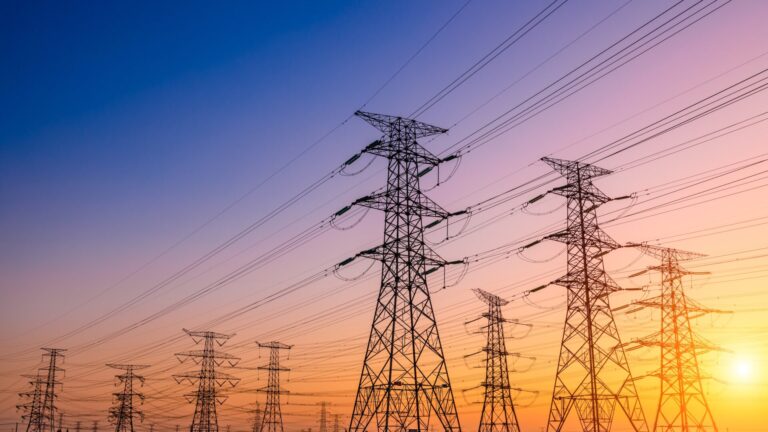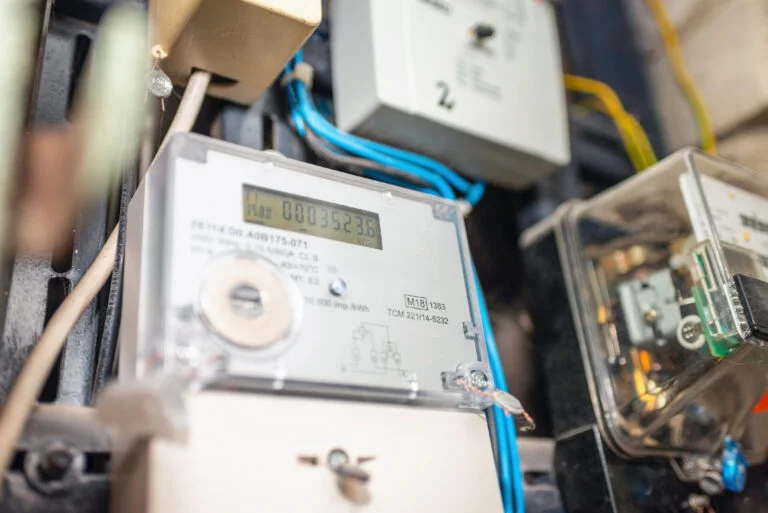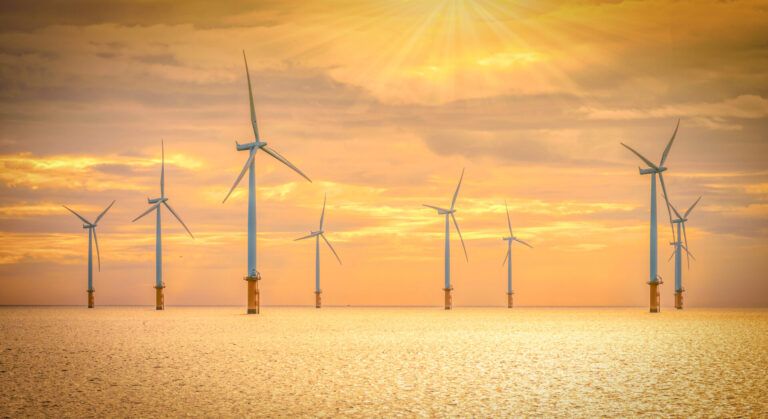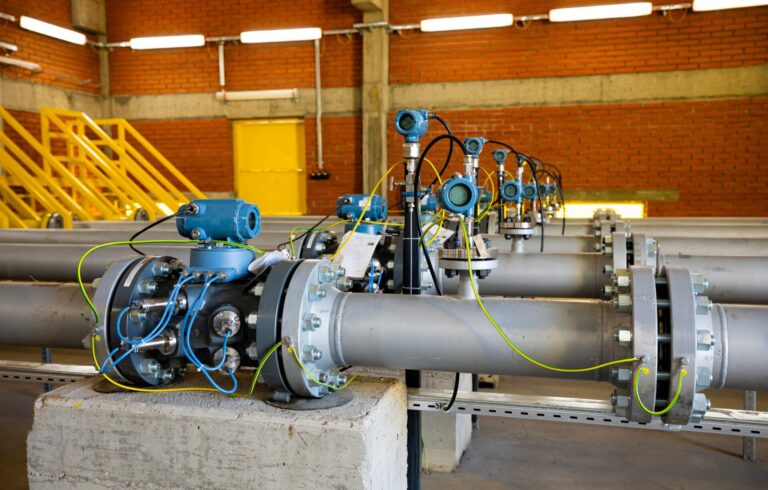As schools and educational institutions across the UK prepare for the six-week holidays, the extended period of closure offers a valuable opportunity to focus on one of their most significant overheads: energy usage.
With buildings largely unoccupied and regular activities on pause, the summer holidays present the ideal time to assess consumption, implement efficiency measures, and put better energy contracts in place – setting the stage for a more cost-effective and sustainable new academic year.
This period also offers a practical opportunity for schools to make meaningful progress towards increasingly urgent net zero goals amid growing expectations to reduce carbon emissions and operate more responsibly within the public sector framework.
Strategic Summer Audit
Many schools continue to consume energy during the holidays without realising it. Lighting, IT equipment, water heating systems and ventilation may continue running on term-time settings, even when not needed. These inefficiencies accumulate quickly, resulting in avoidable costs.
A well-planned shutdown strategy helps avoid this. By ensuring non-essential systems are fully turned off or set to operate on reduced schedules, schools can significantly lower their energy use. Simple steps like adjusting timers, unplugging unused appliances, and ensuring building management systems reflect holiday occupancy patterns can all yield quick wins.
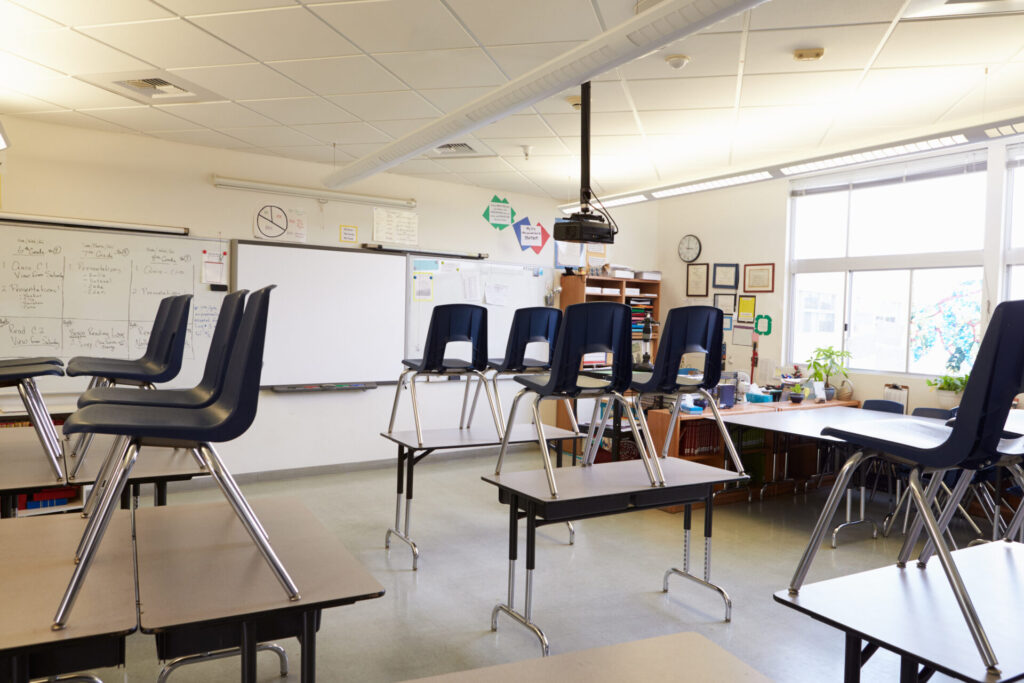
Secure a Competitive Energy Deal
Install Energy Efficiency Measures
- LED lighting upgrades, reducing energy usage and maintenance costs.
- Smart heating and cooling controls, enabling more efficient temperature management.
- Renewable energy measures, such as solar panels to improve efficiency and lower usage.



